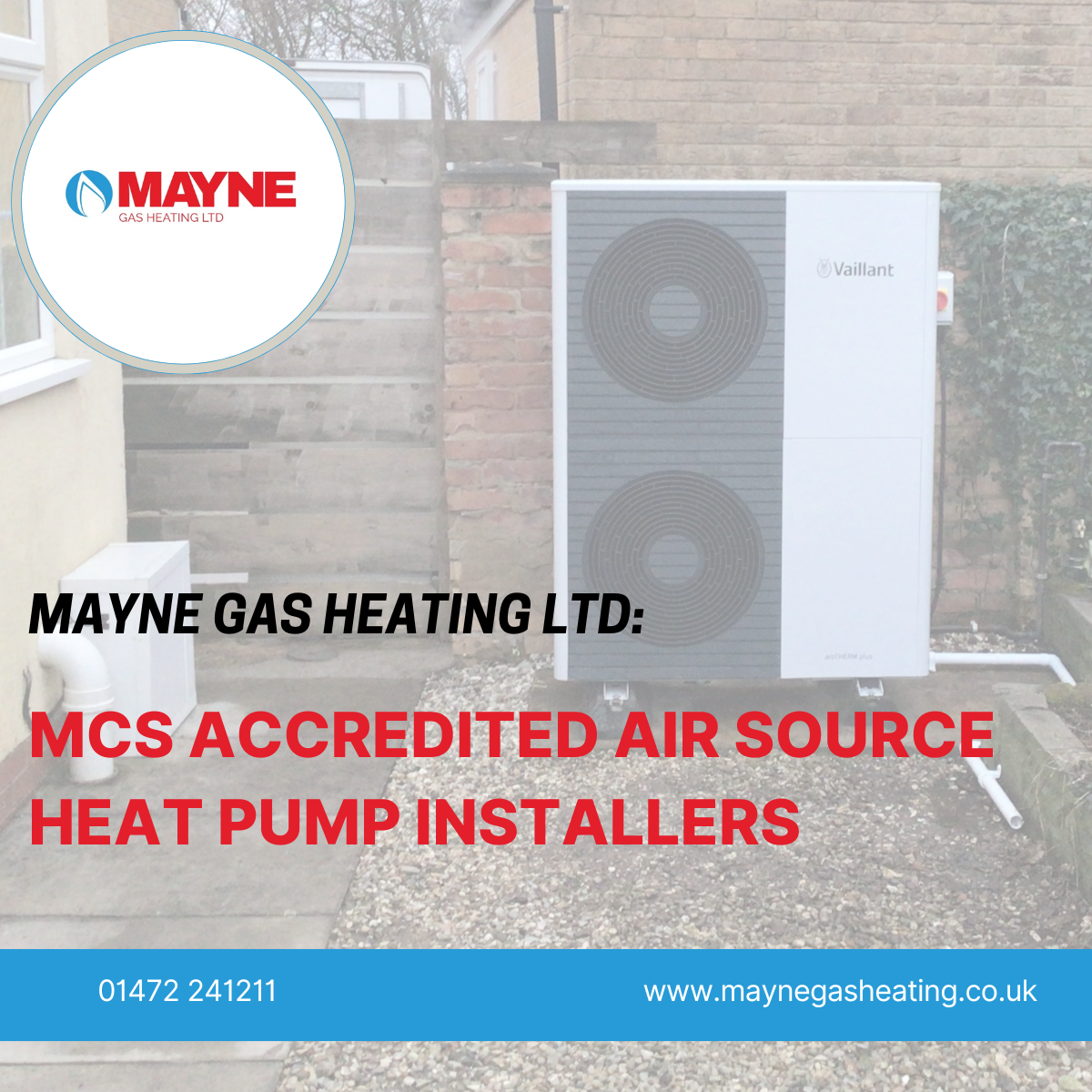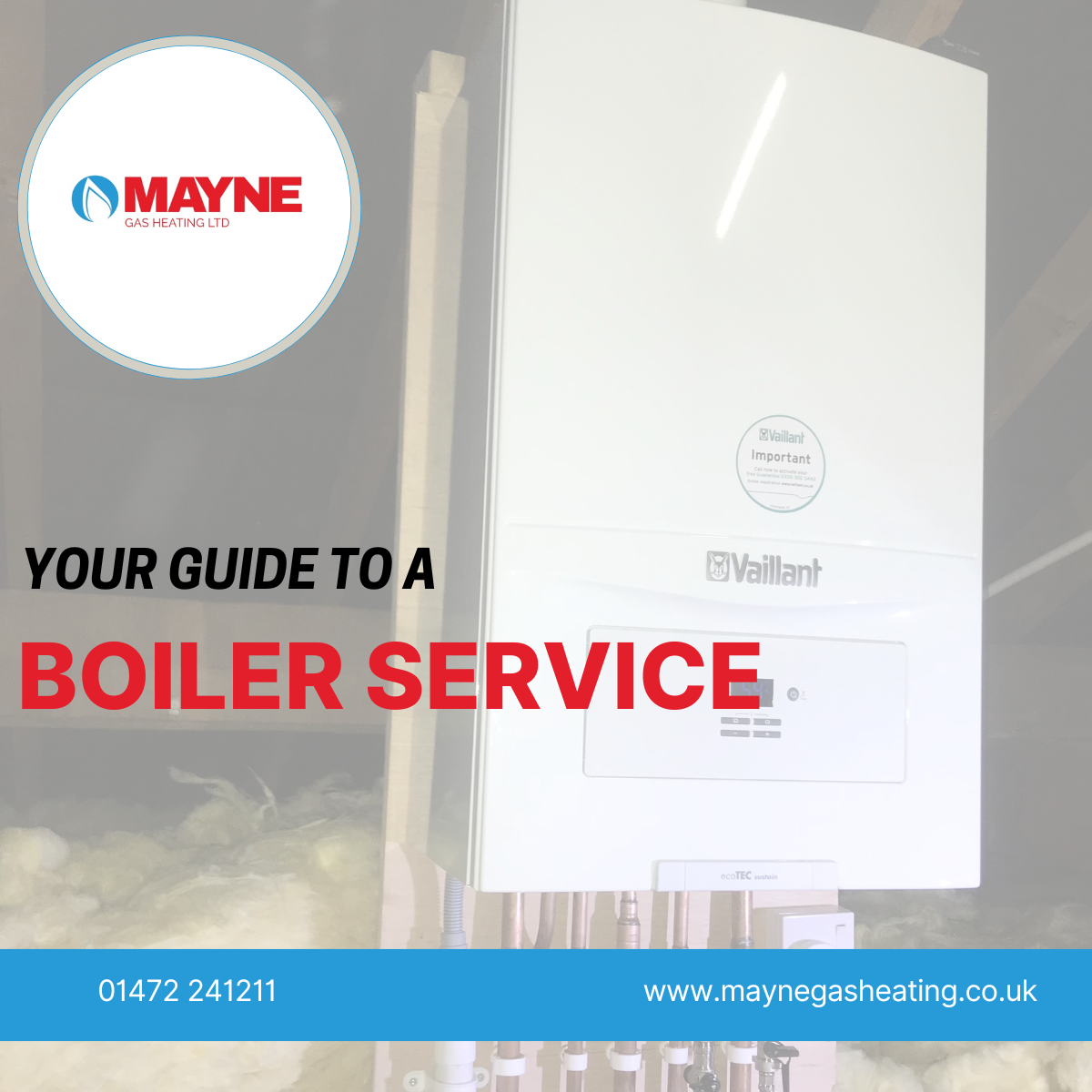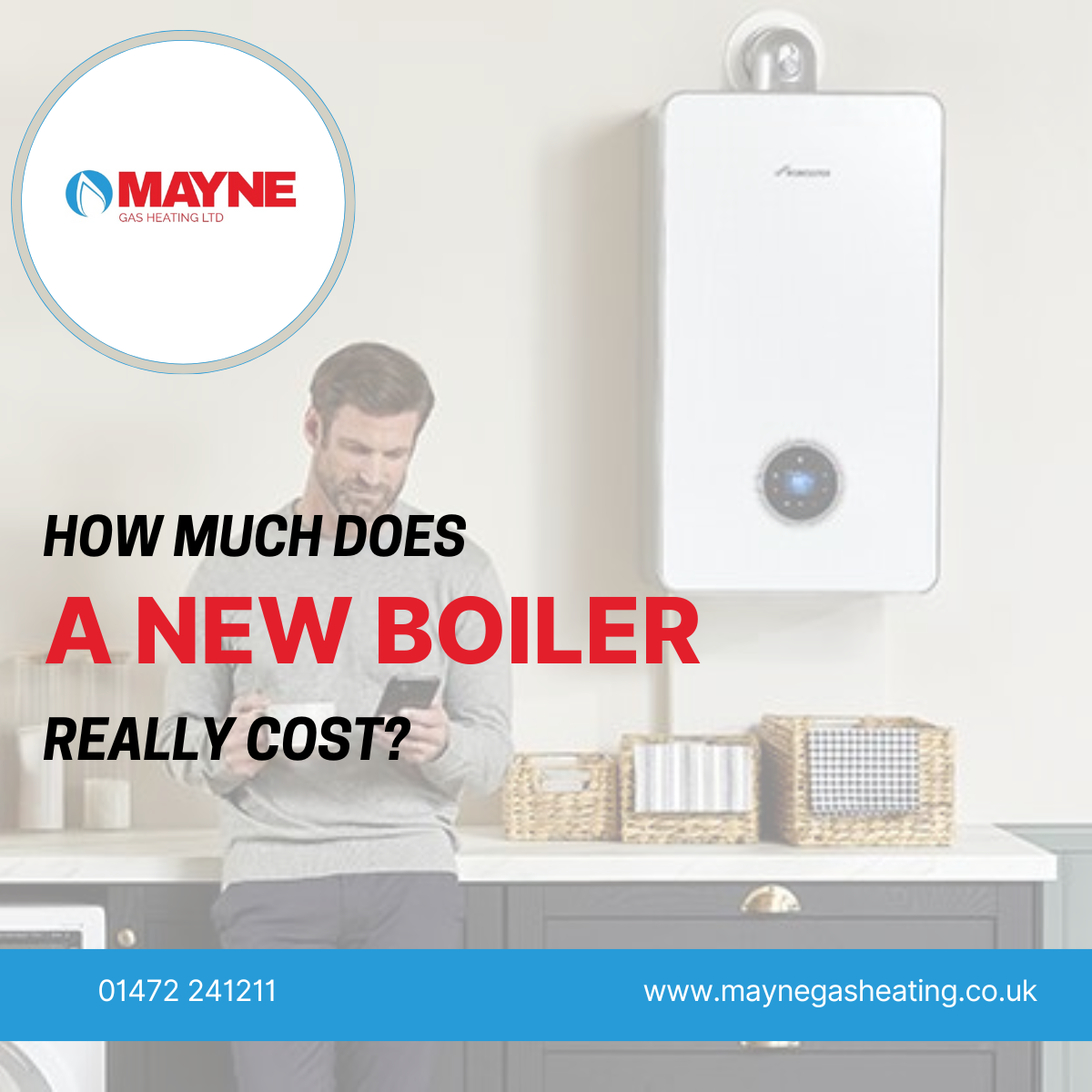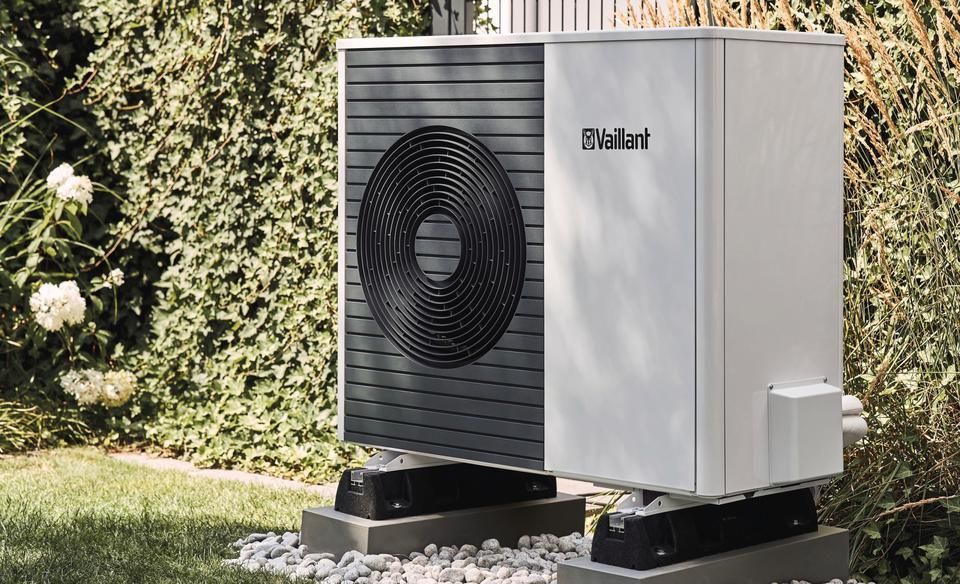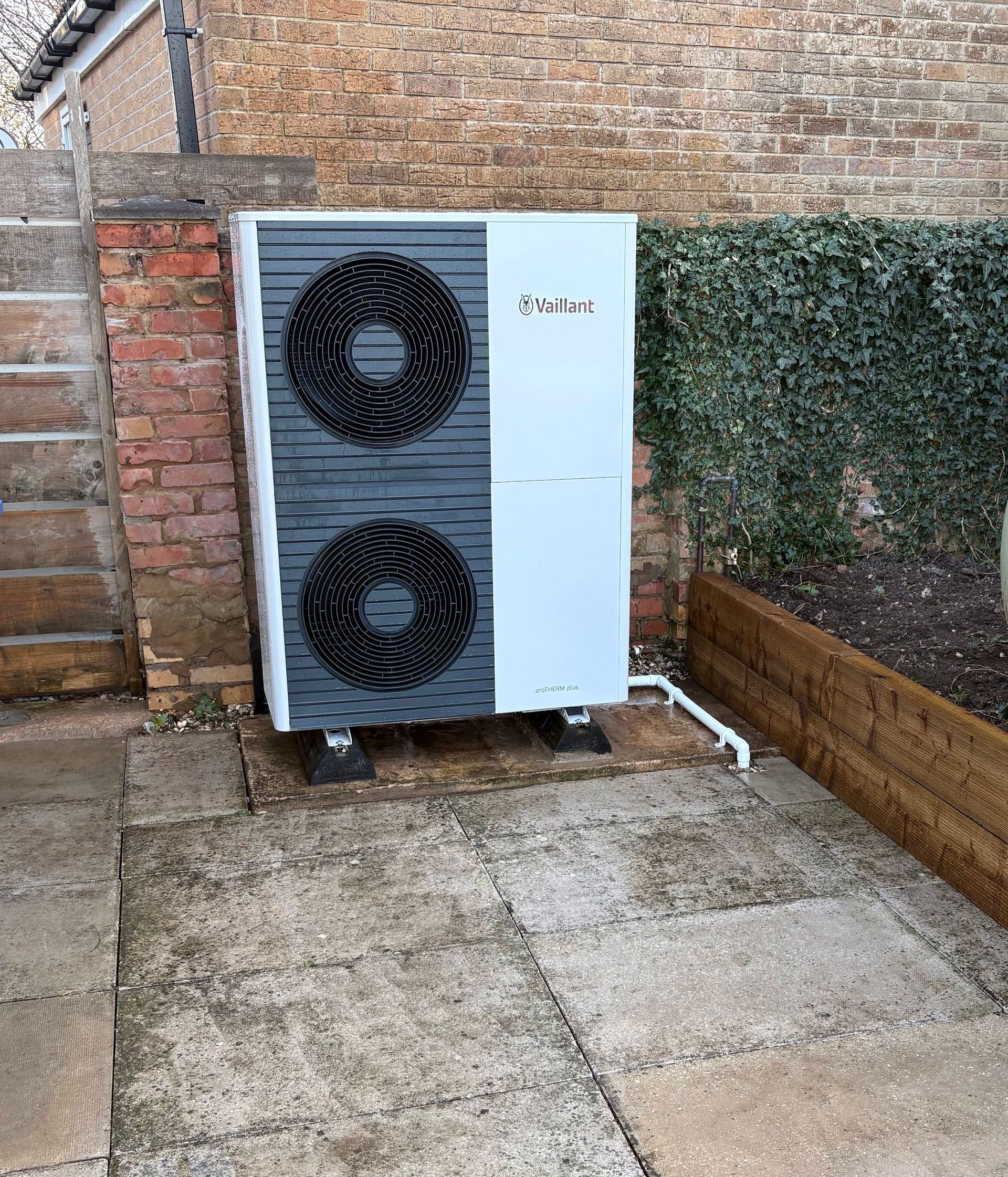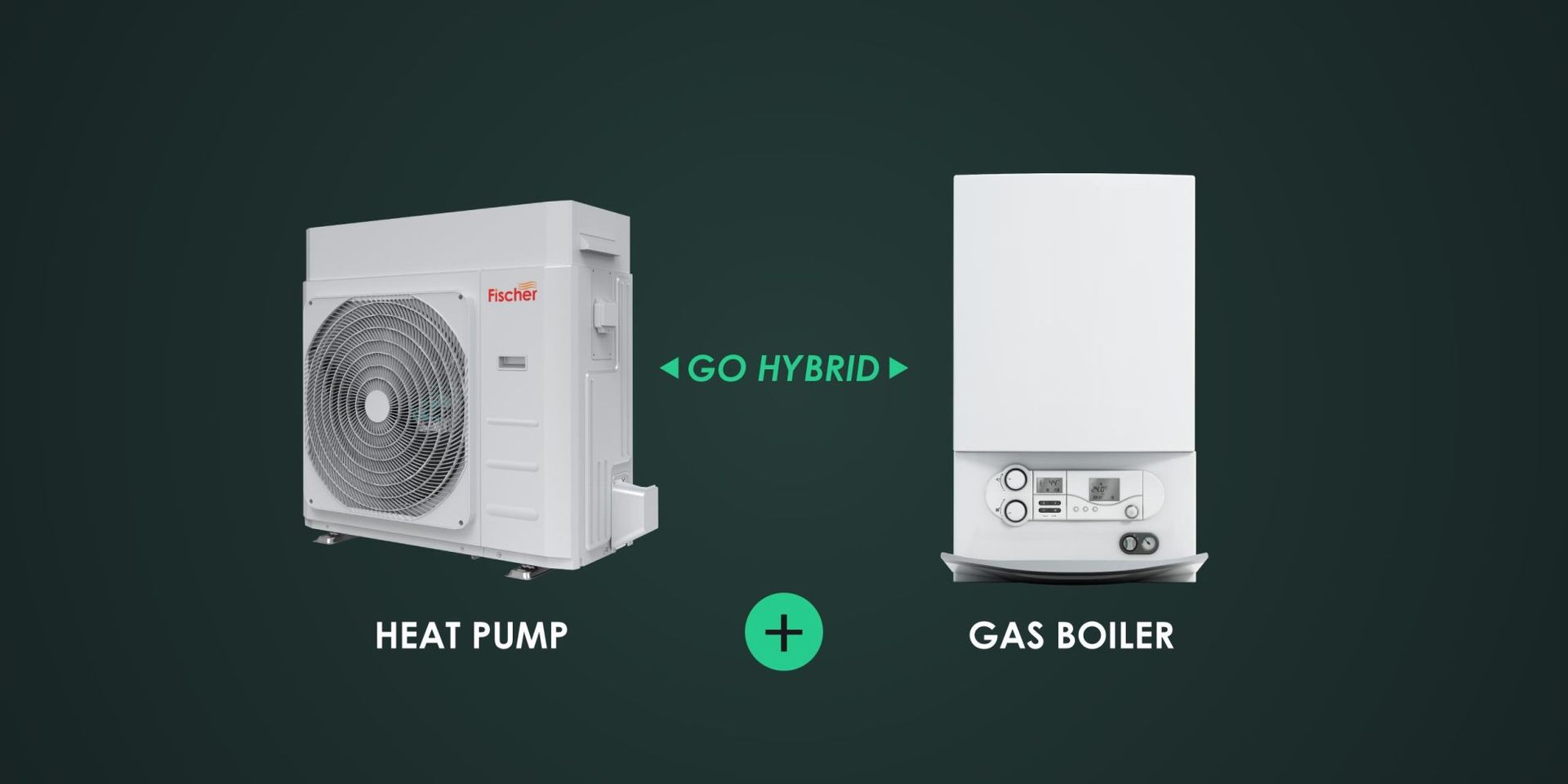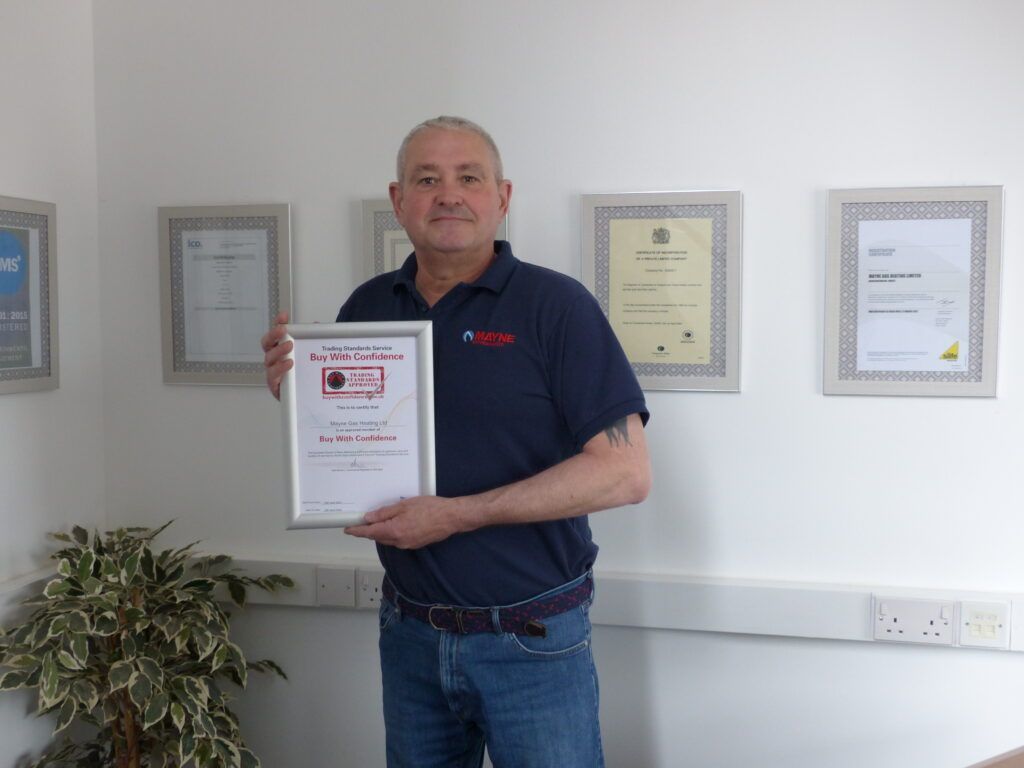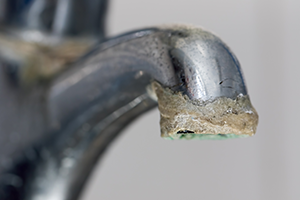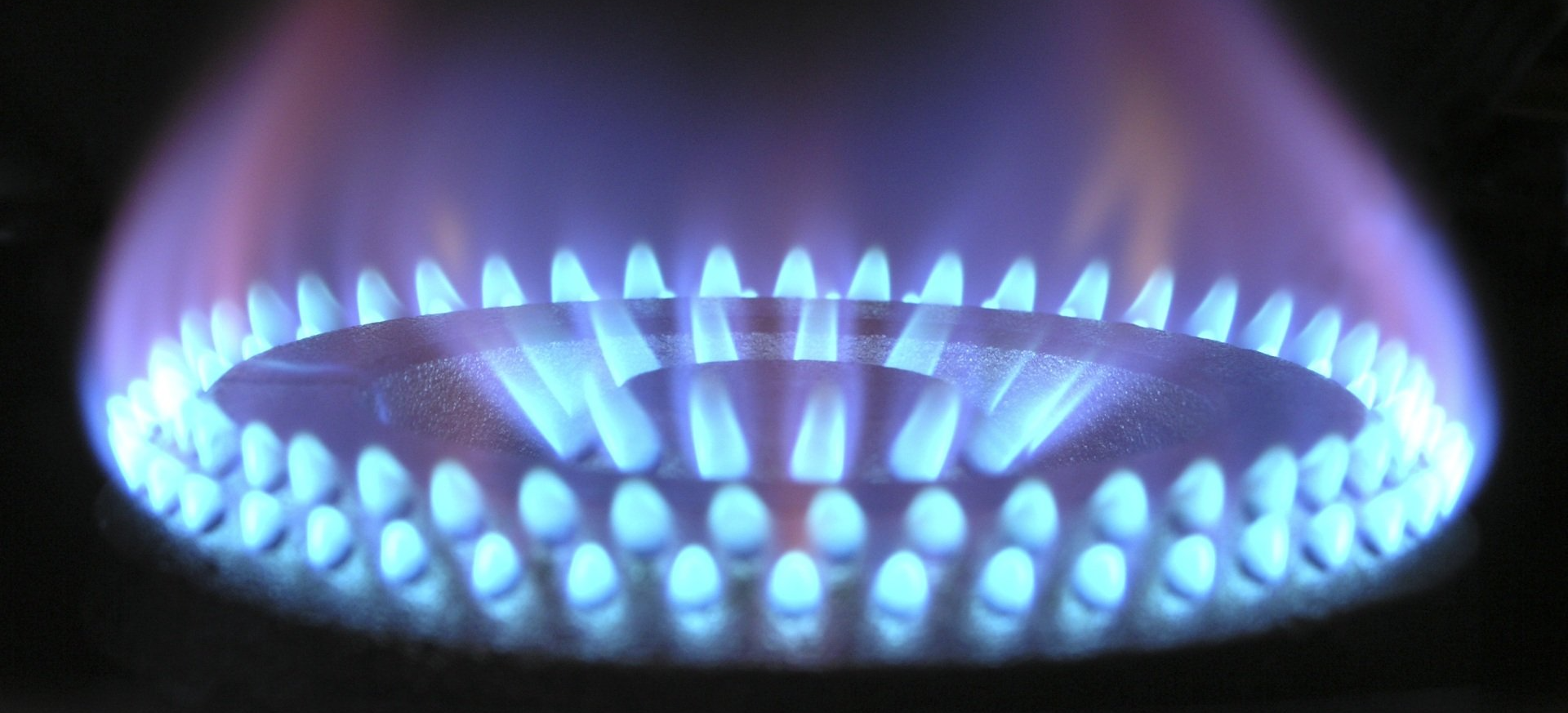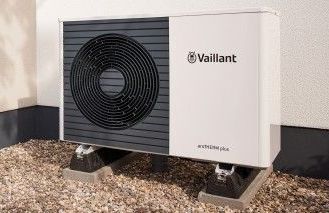The Best Shower Heads for Low Water Pressure
Low water pressure can be a real nuisance – especially when you want to take a quick shower but rinsing shampoo and conditioner out of your hair takes 20 minutes, it’s not ideal. One way to increase water pressure in your shower is by fitting a shower head for low water pressure, designed to help draw water away from any pipe source to bring them up to speed.
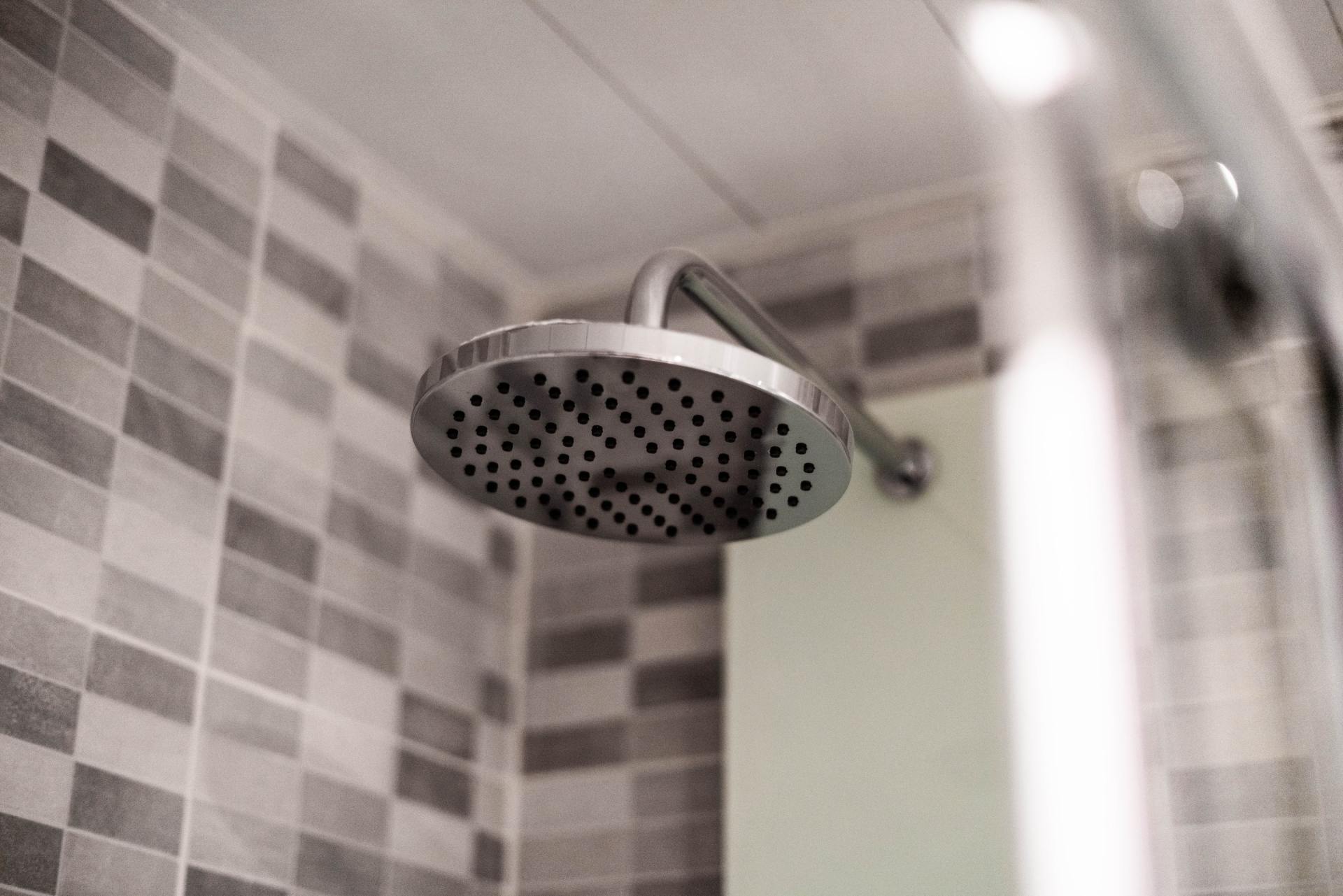
How to test water pressure in your home?
One twist of the tap will be enough to tell whether you have low water pressure in your home, but how extensive the problem is can be tough to tell by just looking at it. Instead, there is a simple test you can carry out at home to measure your water flow – all you need is a one litre jug and a timer.
Here are the steps to testing your water pressure at home:
1) Place the jug under any tap on the ground floor of your property and ensure no other water is running elsewhere in your home.
2) Set your timer to six seconds, and at the same time, start the timer and turn the cold tap on full.
3) Once your timer has reached six seconds, turn off the tap and timer, and measure how much water has been collected.
4) To do this, take the amount of water in the jug in litres (for instance, 0.6 litres) and multiply this by 10, which will calculate the water flow rate in litres per minute (e.g. 0.6 litres x 10 = 6 litres per minute).
If your water flow rate seems abnormally low, you may have a problem with your water supply. In this instance, you should contact your local plumber for advice or get in touch with your water company.
What is a good water flow rate?
Now that you have a number, you may be wondering “what should my water flow rate be?”. Put simply, this is commonly what the figure means for your household water pressure:
– Less than 10 litres per minute = Low water pressure
– Between 10 to 15 litres per minute = Okay, but could be improved
– Above 15 litres per minute = Good water pressure
How to improve water pressure at home?
1. Install a shower pump
Once you have calculated your water flow rate, if you have identified that your home has low water pressure, your best bet is to buy a shower pump to increase water pressure in the shower, no matter how good your mains water pressure currently is.
A pump, although not cheap, can significantly help to increase the water flow to your shower, which in turn, should increase water pressure.
2. Buy a specialised low-pressure shower head
If you are simply looking for a short-term fix for your water pressure, or perhaps a cheaper option, it is certainly possible to increase shower pressure without a pump.
First of all, you could consider buying a specialised low-pressure shower head that are designed to perform better in low pressure water systems, rather than a standard shower head. In comparison to water pumps, shower heads are considerably easy to install and cheaper to purchase.
3. Install a pressurised unvented cylinder
If you are looking to invest into something more long-term, it is worth thinking about installing a pressurised unvented cylinder. This involves removing the cold-water storage tank which feeds the hot water cylinder and replacing it with a pressurised cylinder that takes its feed directly from the mains, to increase the number of shower litres per minute.
However, this option can be costly. Installing an unvented cylinder will require a specialist as the job can be complex, requiring plumbing to be extended or even replaced entirely. However, thankfully, it is something that only needs to be done once as the cylinder itself will last a lifetime.
Things you should consider when searching for shower head for low water pressure:
If you are planning on investing in a shower head for low water pressure, there are a few factors that you should keep in mind, in order to make sure that you have made the right choice.
Here are some things to consider before buying a low water pressure shower head:
1.Adjustable spray settings
If you are looking for a shower head for low water pressure, it is advisable to opt for a shower head with several different functions to ensure you can customise your shower experience. There is simply no point in buying one that only has the one water function, because you will probably still have the same problems with low-pressure water.
You may also want to purchase a shower head with flow control inserts, to allow for manual control over the water flow, as well as providing an on/off switch on the head itself.
2. Built-in filter
Hard water is a problem thousands of homes all over the UK, which means that minerals and other impurities in the water can cause problems for the plumbing in your home. As a result, to ensure your shower water pressure increases, there are low water shower heads that come with built in water filters, which can filter out all impurities through resin beads.
This results in pure, clean water from the shower head, which doesn’t build-up on the shower head, thus affecting the water pressure.
3. Easy Installation
It’s a no-brainer that everyone wants a shower head that is easy to install onto your existing shower. Bear in mind whether you would prefer a screw-in option to make your life easier, or to install an entirely new shower and shower head for your bathroom space.
The 5 best shower heads for low water pressure
1. Bristan EVO Multi-Function Rub Clean Handset
2. Bristan Large Round 3 Function Push-Button Handset
3. Bristan Large Square 3 Function Push-Button Handset
4. Roper Rhodes Event Click Chrome 3 Function Push Button Control Handset
